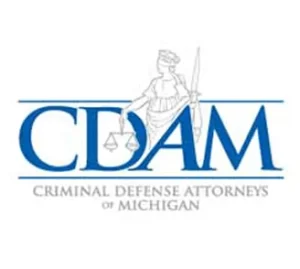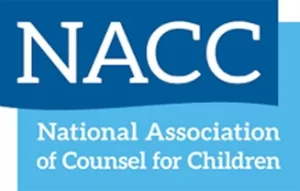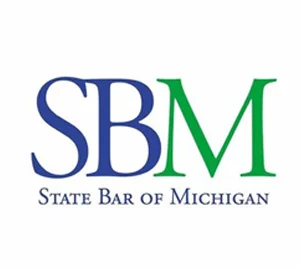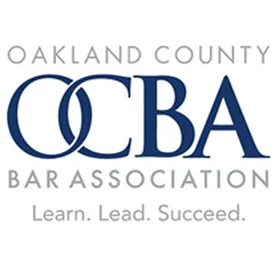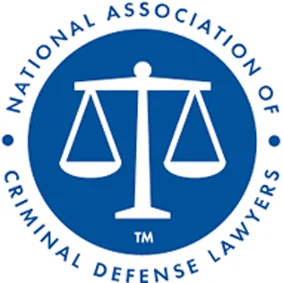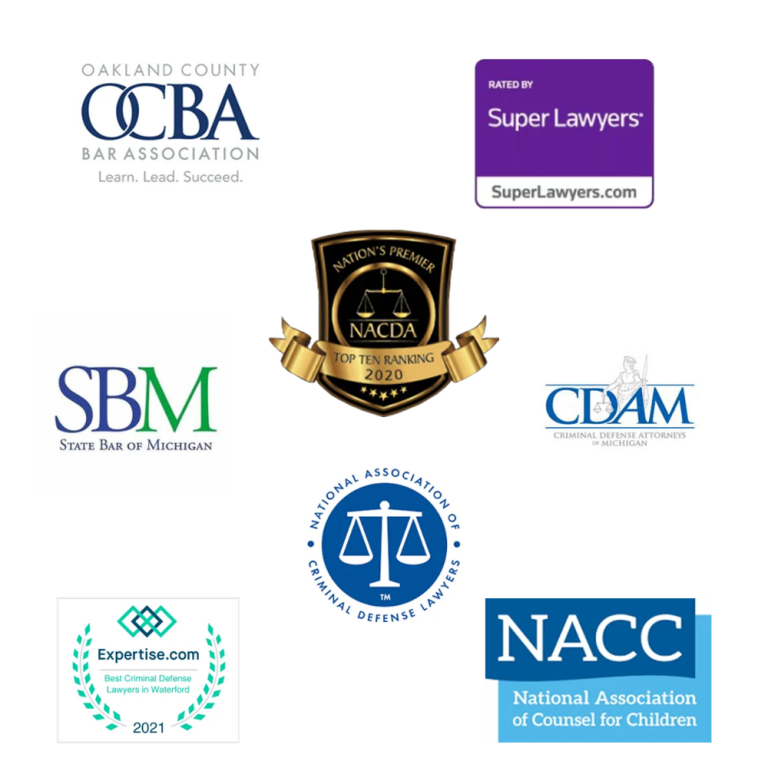Juvenile justice programs help teens bounce back from a mistake
On Behalf of Kirsch Daskas Law Group | Apr 16, 2020 | Juvenile Crimes |
The teenage years are culturally notorious for being a time of non-compliance among young adults and difficulty for parents and other authority figures trying to help them through this tumultuous time in their lives.
Teenagers tend to think very little of adults and the expectations of the world around them. Acting out and testing limits are frequently part of the teenage rebellion many young adults go through, often without much consideration for the long-term consequences of their actions.
For most Michigan teenagers, their rebellious phase will result in nothing more than embarrassing stories their family can use against them for years to come. For some kids, mistakes made during their high school years could result in criminal charges that have a lasting impact on that child’s life and future prospects.
Until recently, most 17-year-olds got charged as adults
Michigan was, until 2019, one of a very small minority of states that generally chose to charge certain teenage offenders as adults. Specifically, 17-year-old defendants in Michigan would very often find themselves charged with adult penalties, much like 18-year-olds.
Lawmakers, through bipartisan reform efforts, changed that last year. That change means that 17-year-old offenders will wind up charged as juvenile offenders, instead of as adults, which will drastically reduce how long the charges affect them.
Michigan’s juvenile justice system focuses on rehabilitation
Kids can and do make silly or dangerous mistakes that they learn from. A criminal charge could be the wake-up call that a promising young adult needs to get their life back on the right track. Going through the criminal justice system could mean a permanent criminal record and other consequences that impact a young adult’s ability to get a job or continue their education.
The juvenile justice system offers a wide range of rehabilitative services, ranging from counseling and community service to punitive measures intended to help impress the seriousness of criminal convictions on youthful offenders.
Ensuring that your child will face charges as a juvenile is one step toward reducing the impact of criminal charges on their future. Aggressively fighting the charges or doing everything in your power to mitigate the consequences involved can also help your child move on from a mistake that could potentially haunt them for years.



